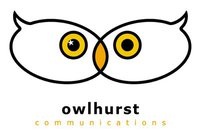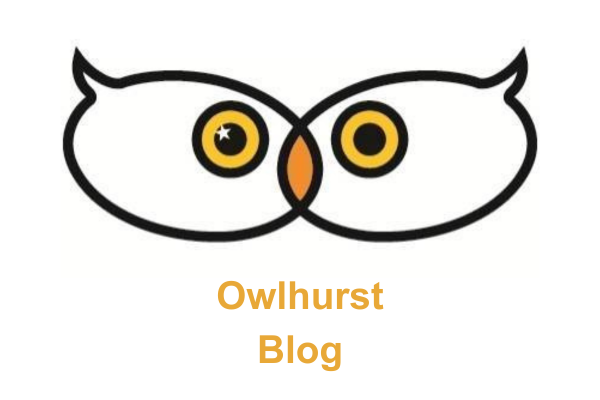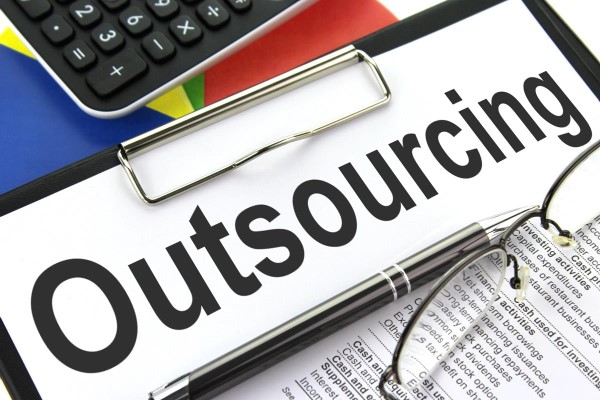Public relations (PR) is all about managing communications and building relationships between an organisation and its key audiences. In today’s fast-paced digital world, PR professionals are constantly looking for ways to work smarter, faster, and more efficiently. That’s where leveraging AI for PR comes in. AI is transforming the practice of PR in exciting new ways. Here’s an overview of how AI is revolutionising public relations.
Leveraging AI for PR with Optimising Content Creation
One of the core tasks of PR is creating compelling content like press releases, blog posts, speeches, and more. AI tools are now helping PR pros research, write, and optimise content faster than ever before. AI content creation tools use natural language generation to transform raw data into well-written narratives. They can churn out draft blog posts and press releases in seconds based on a few prompts. PR professionals can then review the AI-generated content, edit as needed, and have high-quality drafts ready in a fraction of the time.
AI tools are also optimising content for SEO by analysing keyword usage, readability, and structure. This helps maximize search traffic and engagement. With AI, PR teams can produce more content targeted to their audiences’ needs and interests.
Enhancing Media Monitoring and Analysis
Monitoring news and social media for relevant mentions is essential for PR teams. In the past, this was an extremely manual and time-intensive process. With AI tools, media monitoring is now automated and analytics enhanced. AI can track brand mentions across millions of online sources in real-time. Natural language processing analyses tone, sentiment, keywords, trends, and more. These AI insights allow PR professionals to instantly spot opportunities, risks, and areas needing response. AI analytics also enable better evaluation of PR campaigns by providing comprehensive feedback on content performance.
Leveraging AI for PR can Improve Media Targeting
PR relies heavily on building relationships with the press. In the past, PR pros would manually research journalists and outlets to identify the best targets for their stories. Today, AI is automating this process through machine learning algorithms. PR teams can input information like their client, industry, campaign goals, and ideal audience. AI tools will then suggest the journalists and media outlets most likely to be interested based on past coverage, influence, and reach. This allows PR pros to pitch stories precisely to the right targets for the campaign.
Automating Repetitive Tasks
Leveraging AI for PR can assist with many routine PR tasks like sending pitches, compiling clips and reports, scheduling social media posts, etc. can now be automated with AI. This allows human PR professionals to focus their time on strategy, creativity, relationship building, and analysis instead of administrative work. AI chatbots can even handle some basic PR functions like responding to media inquiries, creating media lists, or sending follow-up emails. While AI excels at repetitive tasks, strategic thinking still requires human expertise. Finding the right balance is key to improving productivity.
The Future of AI in PR
AI adoption in PR is still in early stages but advancing rapidly. According to Business Insider Intelligence, nearly 80% of PR professionals already use some form of AI. As the technology improves, AI will become integral to PR workflows. Specific applications on the horizon include hyper-targeted ad campaigns through AI prediction models, personalized PR content tailored to individual media contacts using natural language generation, and fully automated PR response using chatbots.
While some fear AI will replace human jobs, most experts agree it will simply change roles. AI handles time-consuming grunt work, enabling PR professionals to focus on strategy, creativity and building meaningful relationships. This symbiosis of human and artificial intelligence holds exciting potential for the future of public relations.



